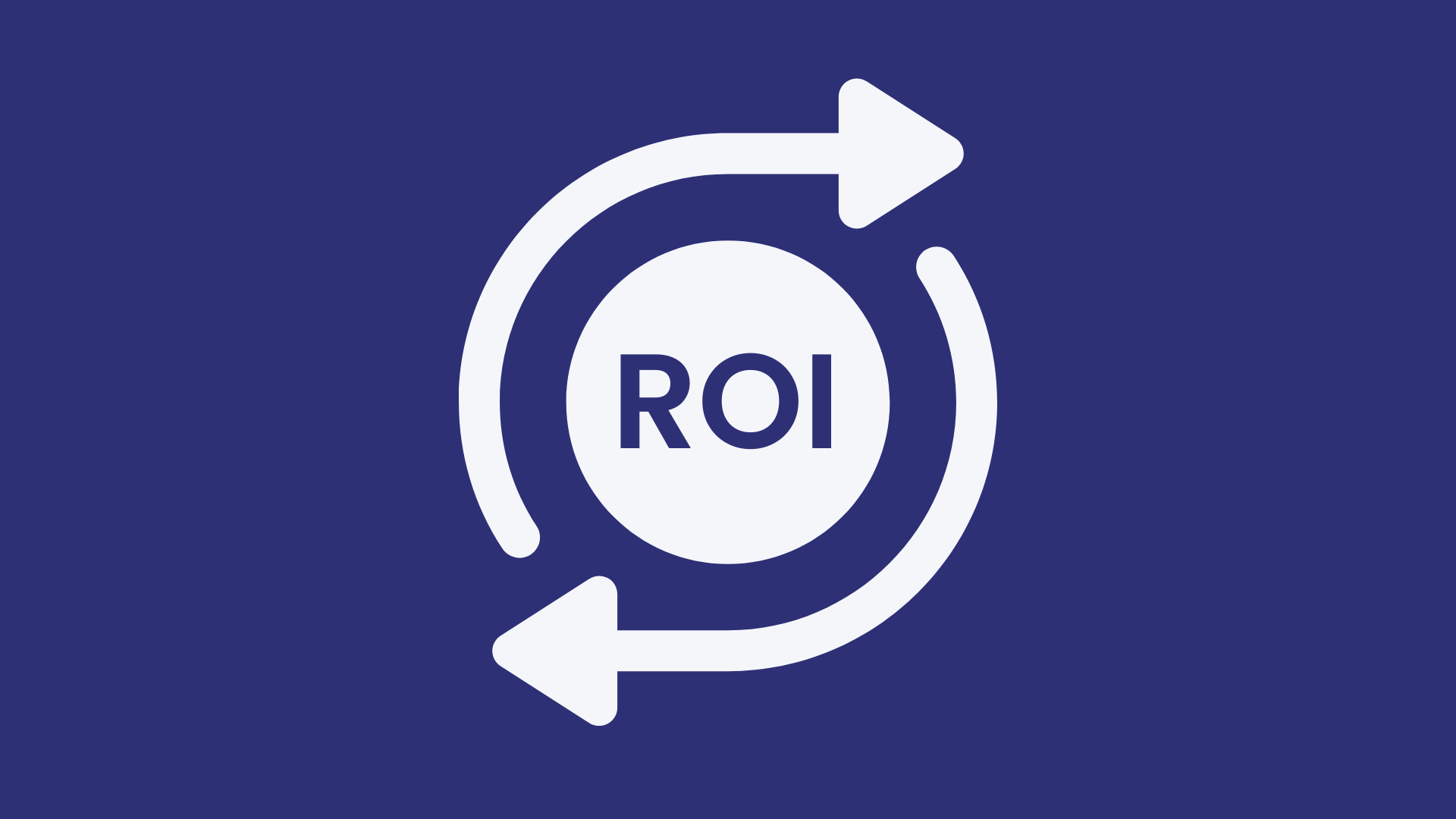In today's competitive business landscape, organisations constantly seek ways to enhance their operations, bolster employee productivity, and foster a positive work environment. One of the most effective strategies is to implement a robust Performance Management System (PMS).
This article delves into the integral aspects and numerous advantages of incorporating such a system into your organisation.
Understanding Performance Management Systems
A Performance Management System is a structured framework that allows organisations to assess, manage, and enhance employee performance effectively. The system encompasses various processes, including goal setting, performance evaluation, feedback mechanisms, and employee development initiatives.
Definition and key components of Performance Management Systems
At its core, a Performance Management System helps to align individual performance with organisational goals. Key components often include:
Goal Setting: Establishing clear, measurable objectives that employees aim to achieve.
Continuous Feedback: Providing ongoing input and support to facilitate performance improvements.
Performance Appraisals: Conducting regular evaluations to assess employee contributions.
Development Plans: Creating personalised plans for professional growth and skill enhancement.
By effectively integrating these components, organisations can foster a culture that promotes accountability and continuous improvement. This integration not only helps in tracking progress but also encourages employees to take ownership of their performance, leading to higher engagement levels. When employees see a clear connection between their efforts and the company’s success, they are more likely to remain motivated and committed to their roles.
:format(png)/f/288714721386412/8bc74e1c86/ewebinar__1_.png)
Increase engagement with Eletive
Recommended reading: Choosing the best performance management software
The role of Performance Management Systems in organisations
Performance management systems serve as a vital link between company objectives and individual contributions. By aligning employee performance with the broader organisational strategy, businesses ensure that everyone is working towards common goals.
Furthermore, PMS enables management to identify talent, understand competencies, and address performance gaps swiftly. This proactive approach not only enhances operational efficiency but also positions organisations to navigate market changes adeptly. In addition, the data collected through performance management systems can provide invaluable insights into workforce trends and behaviors, allowing organisations to make informed decisions regarding recruitment, training, and succession planning. By leveraging analytics, companies can predict future performance and tailor their development programs to meet the evolving needs of their workforce, ensuring they remain competitive in an ever-changing landscape.
The impact of Performance Management Systems on employee productivity
Employee productivity is directly influenced by how performance is managed within an organisation. A robust performance management strategy cultivates a motivated workforce that is more inclined to achieve their targets.
Enhancing employee skills and competencies
One of the critical benefits of performance management systems is their focus on employee development. By assessing current competencies, organisations can identify training needs and growth opportunities tailored to each employee. This personalised approach ensures that employees feel valued and invested in their own professional journeys.
As a result, employees enhance their skills, which in turn increases their productivity and overall contribution to the organisation. Moreover, continuous feedback loops established through these systems allow employees to understand their strengths and areas for improvement in real-time. This ongoing dialogue not only fosters a sense of belonging but also empowers employees to take ownership of their career paths, driving them to pursue learning opportunities that align with both their personal aspirations and organisational goals.
Promoting a performance-driven culture
Implementing a performance management system helps to cultivate a culture centered around performance and accountability. Employees become more aware of expectations, resulting in a focus on outcomes and achievements.
This performance-driven culture motivates employees to excel, encourages healthy competition among peers, and ultimately drives the organisation toward achieving its strategic objectives. Additionally, when performance metrics are transparent and accessible, it cultivates trust within teams, as everyone understands the criteria by which they are evaluated. This transparency not only enhances collaboration but also enables employees to support one another in reaching their targets, creating a cohesive environment where collective success is celebrated. Furthermore, organisations that prioritise performance management often see a reduction in turnover rates, as employees are more likely to remain engaged and committed to a workplace that recognises their contributions and facilitates their growth.
Performance Management Systems and organisational efficiency
Organisational efficiency is crucial for maintaining a competitive edge. A well-implemented performance management system streamlines operations and enhances productivity at multiple levels.
Streamlining business processes
Performance management systems facilitate the optimisation of business processes through structured assessments and feedback. By regularly evaluating performance, organisations can identify inefficiencies and areas for improvement.
This continuous evaluation helps in refining business strategies and making necessary adjustments to align with dynamic market conditions, thus ultimately enhancing operational efficiency. Furthermore, these systems often incorporate technology, such as automated reporting tools and performance dashboards, which provide real-time insights into various operational metrics. This technological integration not only saves time but also allows teams to focus on strategic initiatives rather than getting bogged down by administrative tasks.
Facilitating decision-making and strategic planning
Effective performance management provides key insights that inform decision-making and strategic planning. By leveraging data from performance assessments, leaders can make informed decisions regarding resource allocation, talent management, and future growth strategies.
The availability of performance metrics also supports trend analysis, enabling organisations to forecast future performance and make anticipatory changes that align with long-term vision. In addition, performance management systems can foster a culture of accountability and transparency within the organisation. When employees understand how their contributions directly impact overall performance, they are more likely to engage proactively in their roles, driving innovation and collaboration across departments. This alignment not only boosts morale but also cultivates a shared commitment to achieving organisational goals.
The role of Performance Management Systems in employee retention
High employee turnover can be detrimental to any organisation, leading to increased costs and a loss of organisational knowledge. A comprehensive performance management system plays a significant role in employee retention.
Boosting employee satisfaction and engagement
When employees understand how their performance is evaluated and how it contributes to the organisation’s goals, they are more likely to feel satisfied and engaged. Regular feedback and recognition of accomplishments enhance employees’ sense of belonging and motivation.
A satisfied and engaged workforce is less likely to leave the organisation, thus reducing turnover rates and associated costs. Furthermore, when employees are actively involved in setting their performance goals, they develop a sense of ownership over their work. This empowerment not only fosters a deeper commitment to their roles but also encourages them to strive for excellence, knowing that their contributions are recognised and valued.
Fostering a positive work environment
A performance management system can help cultivate a positive work environment built on trust, feedback, and open communication. Through regular interactions focused on growth, employees feel more connected to their teams and the organisation.
When employees are supported in their professional endeavors and feel valued, they contribute to a collaborative atmosphere, enhancing overall morale and retention. Additionally, a strong performance management framework can identify and address potential issues before they escalate, allowing for timely interventions that can prevent dissatisfaction. By promoting a culture of continuous improvement and learning, organisations can ensure that employees not only remain with the company but also develop their skills and advance their careers within it, leading to a more skilled and loyal workforce.
Implementing a performance management system: Key considerations
While the benefits of a performance management system are substantial, successful implementation requires careful planning and consideration.
Choosing the right Performance Management System
Organisations must evaluate various PMS options to find the one that aligns best with their specific needs and culture. This involves understanding the features offered by different systems, such as user-friendliness, adaptability, and integration with existing tools.
The selected system should enhance communication and provide meaningful insights into employee performance, facilitating a seamless integration process. Additionally, organisations should consider the scalability of the system, ensuring it can grow alongside the company. As businesses evolve, their performance management needs may change, and a flexible system can adapt to these shifts without requiring a complete overhaul.
Training and support for successful implementation
For a performance management system to be effective, employees and managers need proper training on its functionalities and best practices. Organisations should invest in ongoing training and support to address any challenges that may arise during the transition.
By fostering a culture of continuous learning, organisations can ensure that the performance management system is utilised to its full potential, driving success and growth. Regular workshops and feedback sessions can help employees feel more comfortable with the new system, allowing them to share their experiences and suggestions for improvement. Furthermore, establishing a dedicated support team can provide immediate assistance, helping to alleviate any concerns and ensuring that the transition is as smooth as possible.
In addition to training, organisations should also prioritise the development of a robust feedback mechanism. This can include regular check-ins and performance reviews that not only assess employee progress but also encourage open dialogue about career aspirations and personal development. By creating an environment where feedback is valued and acted upon, organisations can cultivate a motivated workforce that is aligned with the company’s goals and objectives.

As Team Manager, Customer Success at Eletive Emelie is helping organisations build workplaces where people thrive. In her role, she enables delight among our customers and leads the Customer Success team to excellence.



























:format(jpeg)/f/288714721386412/188d32b9da/blog-benefits-of-implementing-a-performance-management-system-hero_media.jpg)
:format(jpeg)/f/288714721386412/1280x720/02da360edc/performyard-alternatives.jpg)
:format(jpeg)/f/288714721386412/1280x720/154d0efc4c/tinypulse-alternatives-hero.jpg)
:format(jpeg)/f/288714721386412/1280x720/940c479a26/delighted-alternatives.jpg)